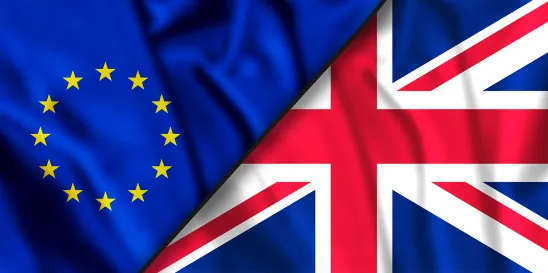In the age of global consumerism, international retail brands often have different websites and functionalities tailored to customers according to where they are located around the world. Whilst this is great for customers, this can increase the risk of their trademarks being infringed. In an eagerly anticipated ruling, the Supreme Court has upheld injunctions against the sale of ‘Beverly Hills Polo Club’ branded goods by Amazon US in the UK and the EU.
Lifestyle Equities owns and is the exclusive licensee of a number of EU and UK trade marks relating to the ‘Beverly Hills Polo Club’ brand. BHPC Associates LLC (a third party) owns the same US registered trademarks and sells identical goods via Amazon’s US website to those for which Lifestyle’s UK and EU registered trademarks are registered (the “USA Branded Goods”).
In a recent case, Lifestyle claimed that Amazon infringed its rights in its UK and EU registered trademarks by marketing and selling the USA Branded Goods on its US website because Amazon’s advertisements and offers for sale of the USA Branded Goods “targeted” UK and EU customers, which is in breach of English and European trademark laws. Lifestyle also claimed that even if such marketing of the USA Branded Goods did not target UK and EU customers in this way, Amazon still infringed Lifestyle’s UK and EU trademarks by selling and delivering the goods through its US website to UK and EU customers.
Following Lifestyle’s claim in the High Court, which was initially dismissed but then overturned by the Court of Appeal and subsequently appealed by Amazon in the Supreme Court, the Supreme Court agreed with Lifestyle and found that Amazon had, in fact, targeted, marketed and sold US goods to UK and EU customers, therefore infringed Lifestyle’s trademarks. Whilst merely accessing the Amazon US website from the UK was not sufficient to qualify as ‘targeting’ overseas customers, the Supreme Court’s decision was influenced by the fact that UK customers visiting the Amazon US website had certain elements of their website journeys tailored for the UK despite being on the Amazon US website, such as:
- a message on the US landing page and almost all subsequent pages offering to deliver to the UK and the quote, ‘We ship internationally’; and
- including a ‘Review your order’ page on the US page offering to deliver the goods to a UK address, with UK-specific delivery times and the option to pay in GBP.
Unfortunately, the Supreme Court did not address the point made by Lifestyle that even if Amazon did not target UK and EU customers, its trademark was infringed by selling and delivering goods through its US website to UK and EU customers. This would have made for an interesting judgement as upholding the Court of Appeal’s decision on this point would have had much wider implications as to the point of sale and delivery of goods.
This decision is good news for licensees and owners of trademarks as it affords greater protection for trademarks illegally used by international online retail platforms.
International retail platforms should be careful when personalising website journeys according to a user’s IP address, as automatic personalisation to cater for the end user’s country could inadvertently mean that the website is targeting customers in another geographical region, leading to a risk of a trademark infringement.
There are ways to mitigate these risks, which the Supreme Court highlighted as helpful in Amazon’s appeal, such as having a message on the Amazon US landing page for UK customers to use the Amazon UK website, or having the US dollars as the default currency of payment. However, in this case, both of these examples were considered ‘weak’, as they were only expressed as an option, not the default position, and not used consistently throughout the website. International retail platforms could consider automatic redirection to local websites based on users’ IP addresses and how they offer goods for sale to overseas customers, especially regarding shipping to another territory, so as to avoid risking trademark infringement.
Larry Wong contributed to this article.




 />i
/>i
